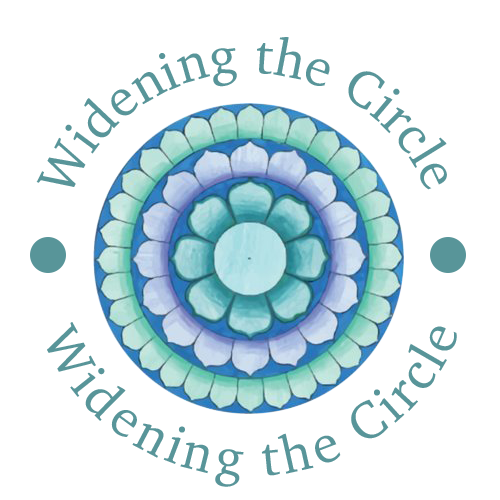Early childhood educators may have questions about when to refer a child for an evaluation with a speech-language pathologist when speech is difficult to understand or a child struggles to communicate in the classroom. Knowing the expected developmental milestones can help, as well as preparing to speak with the parents about concerns.
According to ASHA, the American Speech Language Hearing Association, a preschool-aged child, who is three to four years old, should be combining four words to make sentences and be understood by most people in conversation. Four sentences may be used at a time to communicate a message and children often engage in conversation with 3- 4 exchanges. Grammar skills include plural forms of nouns, the use of pronouns, and asking when and how questions. Children this age should respond when their name is called, understand colors and some shapes, as well as an emerging ability to categorize vocabulary terms (animals, family members, etc.). Speech sounds often emerge in predictable patterns. Early acquired sounds include open vowels and the consonant sounds m, n, h, w, p, b, t, d, k, g,y, v and f in words by the age of four. Children should be easily understood by others. Later developing sounds, such as s, sh, ch, j, ng, th, z, l, and r sounds may not be articulated correctly until the age of five or six. Speech and language therapy is very effective when provided early and frequently, focusing on the placement of the tongue, lips, and jaw in the correct position for clear speech sounds.
Delayed milestones for speech and language can result in academic challenges, difficulty with social interactions among peers, and frustration of the child who cannot communicate effectively, possibly resulting in emotional or behavioral outbursts. Educators concerned with delayed milestones can share specific observations of these challenges made in the classroom or on the playground with parents, providing objective information with examples and the impact of unintelligible speech and/or difficulty using words to communicate. In addition, early childhood educators can advocate for a screening or evaluation by a speech and language pathologist in private practice, or with the public school district in the boundaries of the private school. Providing local resources and contact information for the school district will be helpful for the parent’s next steps.

